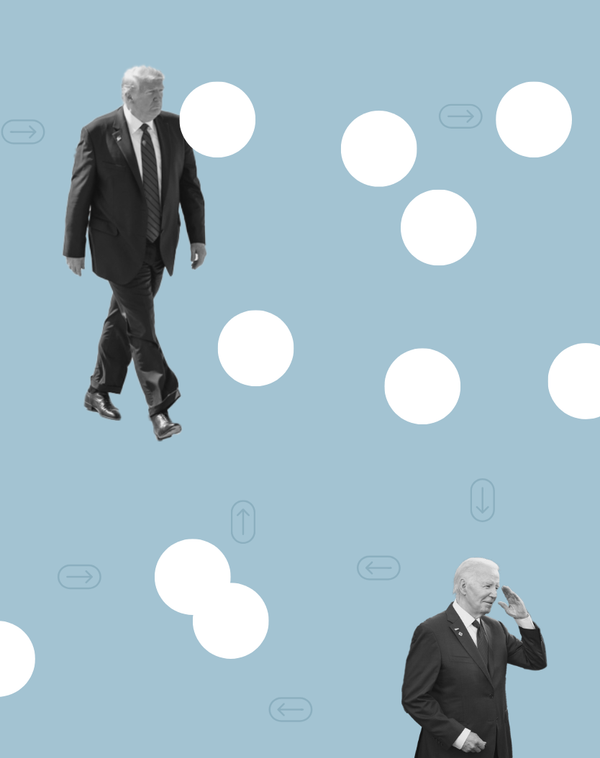
The first fight between Elon Musk and MAGA ended in an apparent victory for the world’s richest man when President-elect Donald Trump sided with him on the H-1B visa program.
The program, which grants highly skilled immigrants the right to work in the U.S., came under fire when Trump named Indian-American Sriram Krishnan as his senior advisor on artificial intelligence.
Krishnan has been a staple of the U.S. tech industry since he immigrated to the U.S. in 2007 to work for Microsoft. Since then, he has worked for Snap, Facebook, Yahoo, Twitter, and most recently, as a general partner in the venture capital firm Andreessen Horowitz.
While Krishnan, an American citizen since 2016, is a natural fit as an AI advisor in a conservative administration, some of Trump’s nativist supporters erupted on Twitter at the thought of an Indian immigrant who has previously advocated for increasing green card caps being appointed to a White House office.
They took particular aim at the H-1B program, arguing that the program was used by tech companies to push out American workers and pay lower wages to the new visa recipients.
Trump had previously voiced opposition to the visa program, arguing in a 2016 presidential debate that H-1Bs shouldn’t exist. In 2017, he called it “widespread abuse in our immigration system.” In 2020, he used the ongoing COVID-19 pandemic to temporarily suspend the program.
The conservative infighting really kicked off, though, when Vivek Ramaswamy said on Twitter that tech companies hire foreign-born workers because American culture has “venerated mediocrity” and undervalued STEM, unlike other cultures. Musk, a former H-1B visa recipient, said he would “go to war” for the program because it is key to keeping America the world leader in technology.
After two days of online recriminations, Trump stepped in, telling the New York Post that he “always liked the visas, I have always been in favor of the visas.”
Despite reports that the Musk-Trump relationship is fraying, the president-elect's reversal on H-1B visas is a major hint at how much sway the billionaire will have in the upcoming administration, at least over tech policy.
When it comes to AI policy, Musk fears that the technology, if improperly developed, will lead to humanity’s downfall. He has supported stringent restrictions, including a bill vetoed last year by California Gov. Gavin Newsom for being overly burdensome on AI companies.
It is too early to say what AI policies Musk will get Trump to back, and whether the president’s support will be enough to push legislation through Congress.
But even just the reversal on H-1B visas will likely have a significant impact on the AI industry.
While the visa program is capped at 85,000 new recipients a year, universities, non-profit research organizations, and government think tanks often enjoy exceptions. The program also grants extensions every year.
According to the U.S. Citizenship and Immigration Services agency, there were 386,318 H-1B visa recipients in fiscal year 2023. Of these, 251,084 worked in computer-related fields.
That trend is not likely to reverse amid the AI revolution. Just over 62 percent of top AI companies in the United States and 70 percent of full-time graduate students in AI-related fields are immigrants, according to a 2022 study by the National Foundation for American Policy.
—Philip Athey

Looking Back at Biden
Top Biden administration takeaways:
- Agencies are continuing to publish reviews on AI policy called for by the Biden administration.
- Time and time again, reviews of federal AI preparedness have found that agencies are not ready for the potential threats AI poses within their domains.
Treasury AI report seeks to mitigate risks in financial services sector: Drawing on feedback from over 100 financial services stakeholders, the report highlighted rapidly expanding AI opportunities and risks and ultimately recommended enhanced regulatory coordination and public-private partnerships. (FedScoop)

